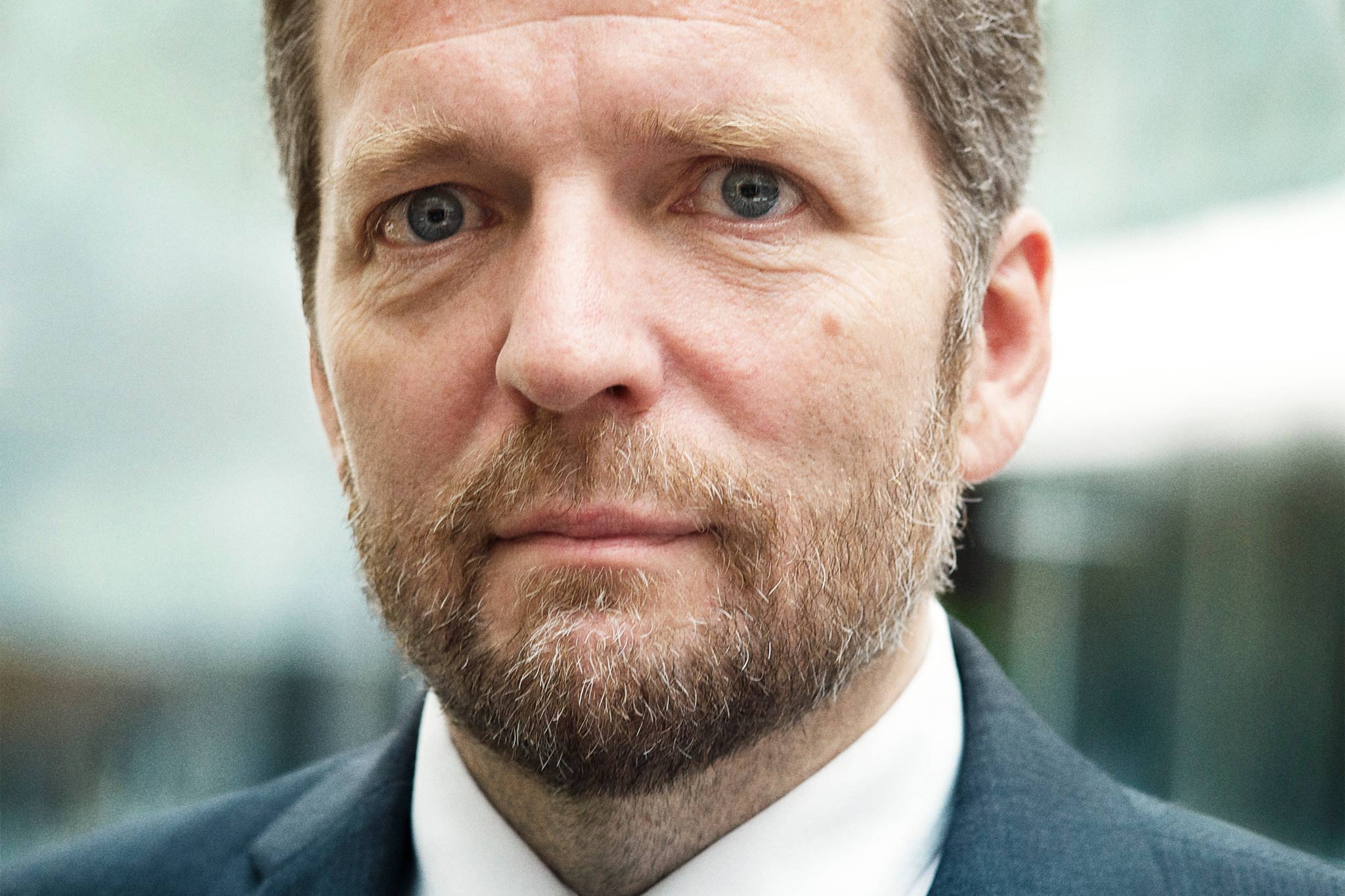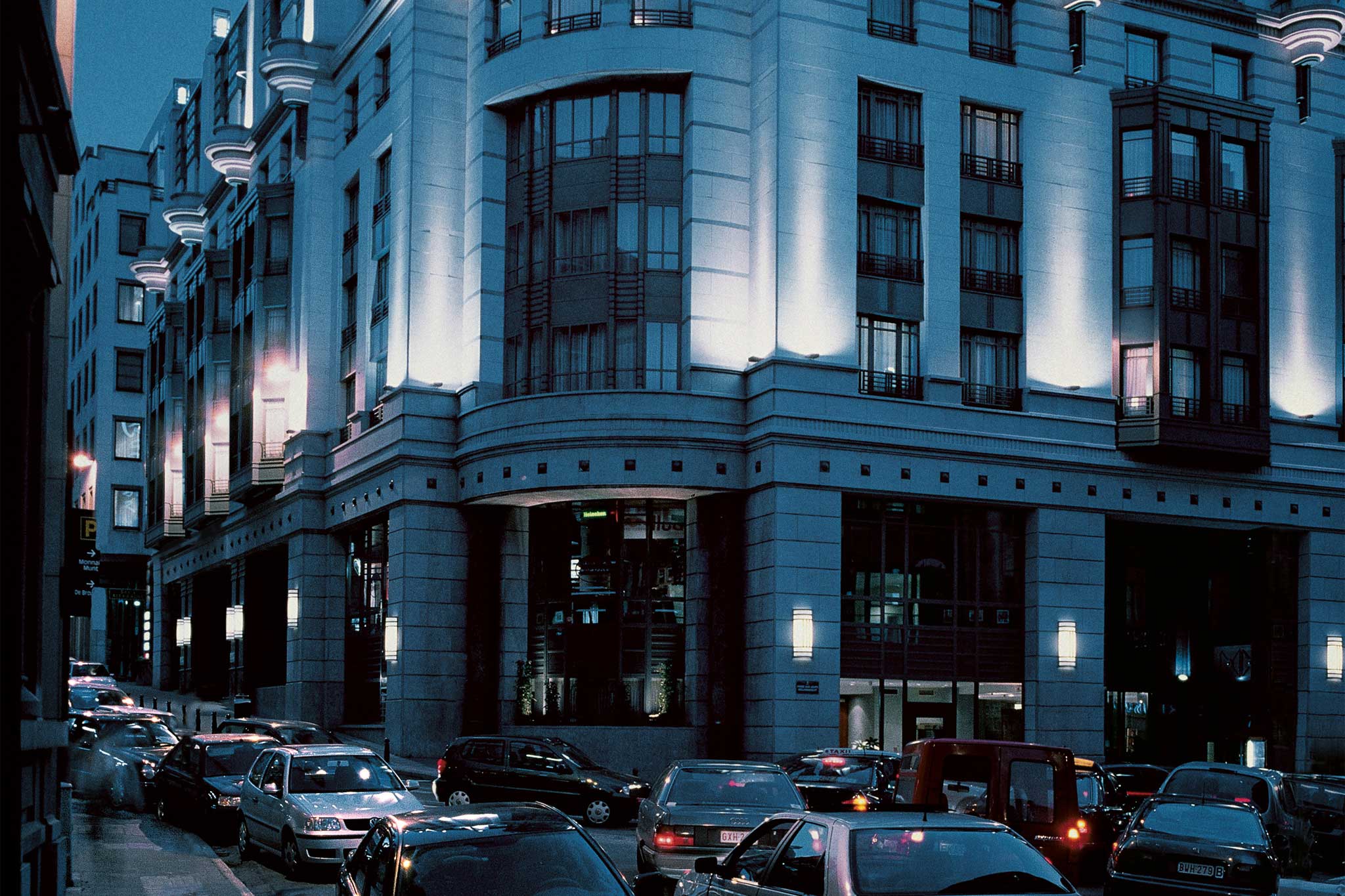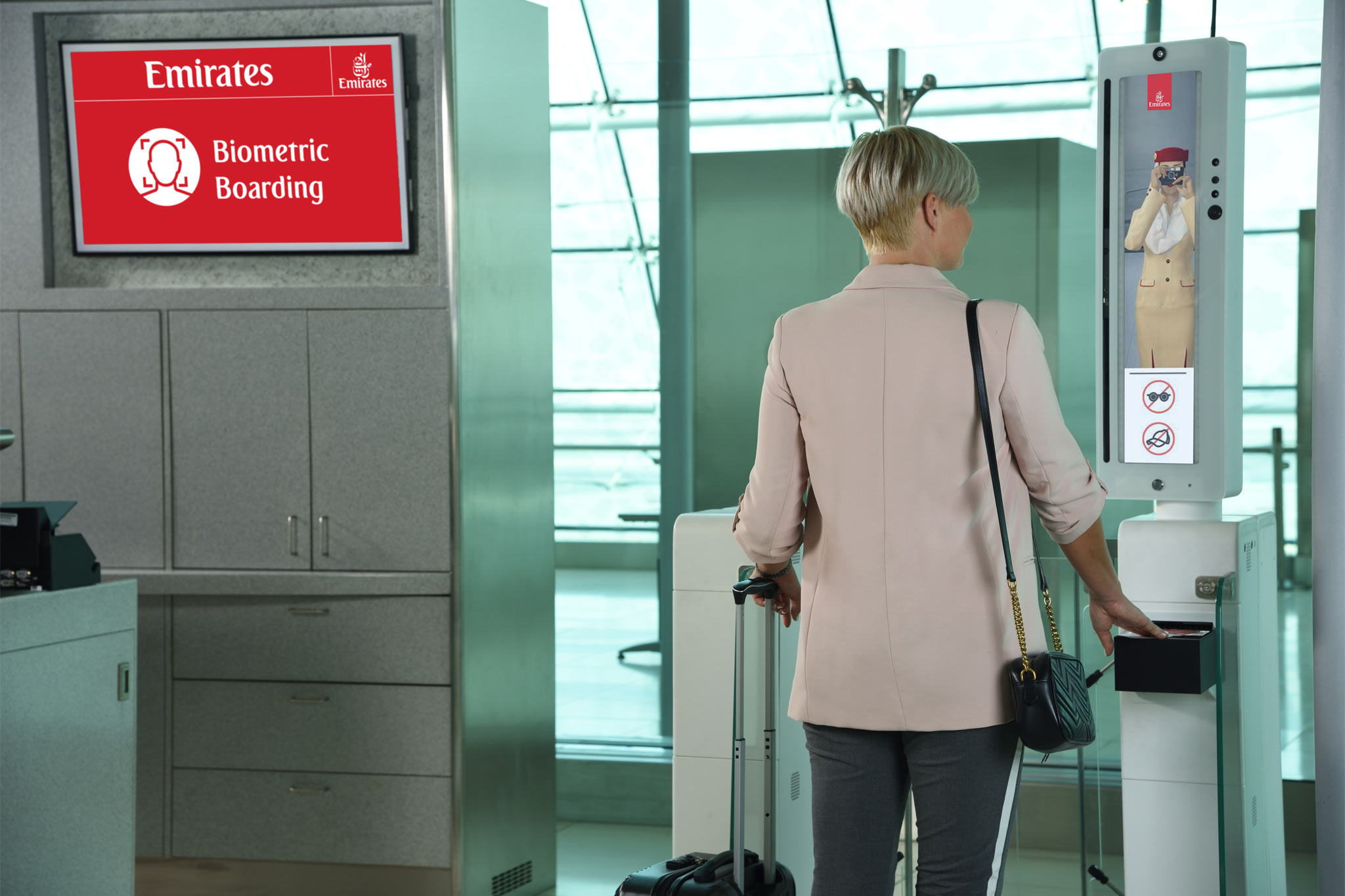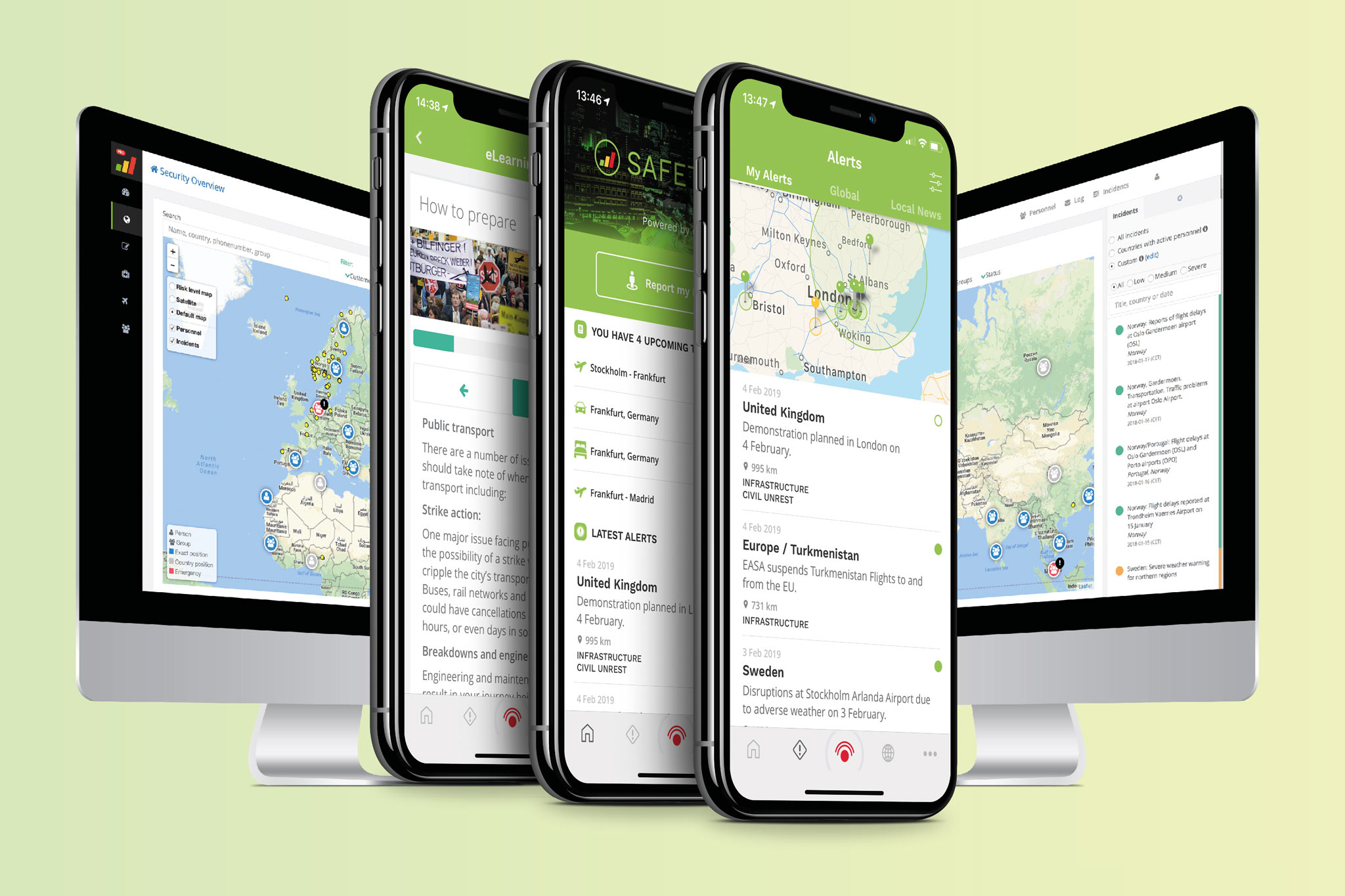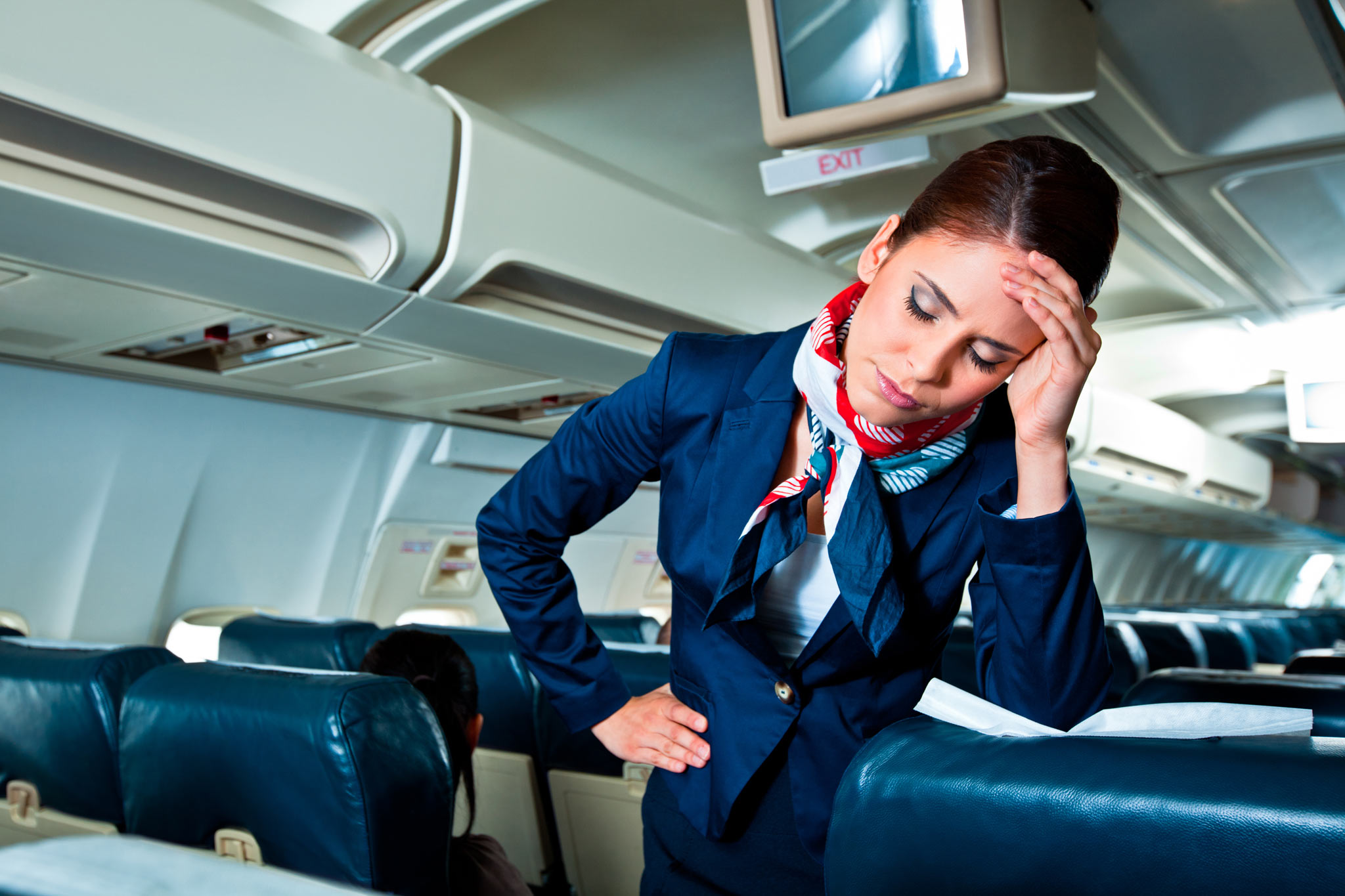The Carlson Rezidor Hotel Group is one of the world’s largest hotel companies with just over 1,350 hotels in operation or under development. The group has a presence in 105 countries and several brands: Quorvus Collection, Radisson Blu, Radisson, Radisson Red, Park Plaza and Park Inn by Radisson, as well as Country Inns and Suites By Carlson.
With its long history in the international hotel world, the group has broad expertise within all key segments and business models plus a growing revenue-generating capacity. The 88,000 employees deliver USD 7.5 billion in revenue.
The agreement with Safehotels covers Rezidor’s hotels – about 400 in 60 countries – but the hotel group hopes to extend the agreement to the entire Carlson Rezidor group once they have tested the approach. The first phase involves the certification of 40 hotels. When asked why they chose the Safehotels security standard, Paul Moxness, Vice President, Corporate Safety and Security, Carlson Rezidor Hotel Group replies that they have followed the company’s progress since its start in 2001.
“In recent years we have noticed that they have further strengthened their expertise. They have built up more knowledge on hotel security and their programme has moved closer towards our own guidelines and the practice we apply.”
Paul Moxness says they started to discuss security issues with Safehotels in early 2015. The hotel group quickly realised they could adjust their self-evaluation programme to the Safehotels security standard, which would be a good step for both parties.
“Now we receive a good third party approval that what we do internally actually helps our hotels to create a good global standard. Another positive effect is that we gain full certification of several hotels at a time, instead of security-marking hotels one by one.”
According to Paul Moxness, there is a greater focus on routines actually being followed according to the Global Hotel Security Standard issued by Safehotels. However, in contrast to many other industries, there are no global industry standards relating to hotel security.
“The Safehotels international hotel security standard keeps its focus on the guests in a way that, just like our own security work, can be adapted and managed by most of our employees who work on hotel premises. In geographical terms, it can be used everywhere.”
The terrorist attacks in the USA on 11 September 2001 and the dramatic expansion of the hotel chain in several emerging markets were factors that intensified the focus on increased security work. Obligations to show greater prudence plus other legal changes in many countries also made it increasingly important for companies to analyse their partners’ work relating to travel management and thereby hotel security issues.
In a way, Carlson Rezidor already had this in their DNA within the hotel group, explains Paul Moxness. It meant they were in a good position when the emphasis on these issues increased considerably.
“Yes, I often get asked about which markets are our ‘hot spots’ from a security standpoint. It’s easy to point to countries where security issues are in the news every day. One difference between those countries and our domestic markets is often that awareness of security risks at these ‘hot spots’ is extremely high.”
According to Paul Moxness, people at vulnerable destinations know what the threats are, regardless of whether it relates to terrorism, crime and/or diseases, as these people confront the dangers on a personal level every day. The hotels must have visible measures in place as a step towards gaining contracts with corporate customers.
“In places that we perceive as safe, things happen more slowly and can change over time as we become complacent. We tend to trust the local authorities and that they deal with issues, but we tend to forget that anything can happen, anywhere, at any time.”
Paul Moxness says they have noted that so-called risk-assessment companies have begun to raise the risk level of many European cities to levels that can, for example, be compared with cities in the Middle East.
“We have focused on this for several years. Our self-assessment programme and the new agreement with Safehotels help us to maintain our focus so that we avoid falling into the complacency trap.”
“Anything can happen, anywhere, at any time”
Every day there are many guests and companies staying at the group’s hotels around the world. Have their demands increased in recent years? Can you deliver a higher level of security than before?
“Yes, but what we are not really seeing is a good connection between certain demands on our checklists, which the hotels are requested to fill in, and what actually contributes to increasing security in a certain place. Documentation of what we do and the agreement with Safehotels means more and more companies will trust that their employees are secure with us.”
An everyday perspective: More and more hotels are putting combination locks on room doors and on the hotel’s toilets to prevent unauthorised people from getting in and causing problems. How do you view this development?
“Technical developments contribute to raising the bar for security at hotels. We look at, and evaluate, issues very thoroughly, but we are also very aware that just buying a new technology does not mean you can relax and think that the problem is solved.”
Paul Moxness comments that their guests are always potentially their strongest and weakest link. They have defined the challenge in this way: ”Maintaining suitable levels of safety and security at our hotels is dependent on every day’s measures and that all employees, at all levels and in all situations, are updated and trained.”
“Technology can help, but we still need the right person in the right place to do the right things at the right time.”
It is clear that there are employees on duty around the clock at a big hotel, but how is security work carried out behind the scenes?
“The number of employees we have at any given place and time is based on operative needs and risk assessments. We don’t comment on specific numbers, as these can change.”
At group level, there is a dedicated team of the company’s security staff whose sole task is to provide support for the group’s hotel activities. This can be provided via information and guidance or on-site with physical support, depending on the hotel’s needs.
Being a part of Carlson Rezidor also provides links to an internal global operations centre for security, which has a monitoring role and can issue warnings or information updates at any time. This is carried out in addition to direct alarms from security companies, media coverage and official government sources.
“It helps hotels to plan and prepare for possible threats and risks that can change on a daily basis. One of our best sources of risk information is our own hotels.”
Carlson Rezidor works globally with the same basic templates for incident reporting and escalation of threats. They focus intensively on monitoring hot trends and implement preventive measures on-site in order to “stay ahead of the curve.” Paul Moxness emphasises they are very aware of the fact that incidents can happen at any time, anywhere.
“Our hotels have access to a good selection of training material. We do not want to centrally dictate every training course that each hotel must carry out. It’s preferable for this to be based on local needs, risks and requirements. All our hotels have access to Safehotels training courses.”
Paul Moxness is keen to stress two things. Instead of having a prescriptive scope for security work, in which everyone uses the same handbook worldwide – not possible with 1, 350 hotels in 105 countries – they use a so-called TRIC = S formula.
“The TRIC = S acronym stands for Threat assessment + Risk mitigation + Incident response + Crisis management, Communication and Continuity = Safe, Secure and Sellable hotel rooms. It’s the sum of TRIC that gives us our S.”
In addition, the group has devoted a lot of work to ensure their programme actually helps hotels.
“We try to think and talk like hotel owners when we provide internal guidance and support. If one cares about people, their possessions and the world we live in, we become better at looking after people, our possessions and the world around us. That is what safety and security is all about.”
